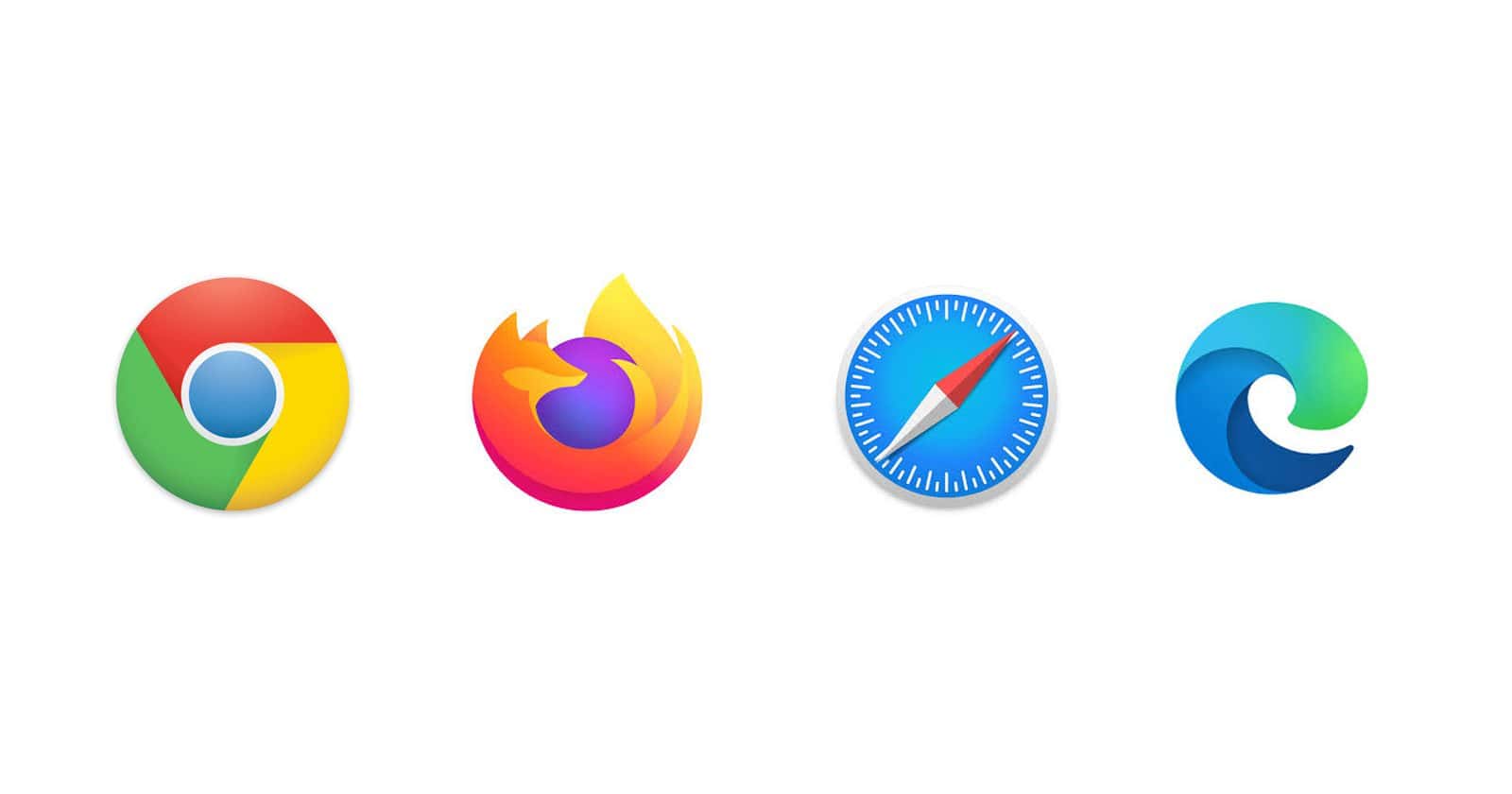Google and Mozilla criticize Apple for limited browser choice on iOS in response to EU law
Key notes
- Apple to allow alternative browser engines on iOS in the EU due to new law.
- Google & Mozilla criticize limitations, saying it creates unnecessary burden & undermines the law’s spirit.
- Changes may still benefit EU users with potentially improved browsers & wider choice.

Apple is making changes to iOS in response to the European Union’s Digital Markets Act (DMA), which aims to curb the power of large tech companies. One key change is allowing alternative browser engines on iOS devices, but Google and Mozilla are unhappy with the limitations Apple has imposed.
What’s changing?
- Under the new rules, Apple will allow developers to use their browser engines in apps distributed in the EU. This means users could potentially have access to browsers like Chrome and Firefox with their rendering capabilities instead of just reskinned versions of Safari.
- However, Apple’s “BrowserEngineKit” framework, which enables this functionality, has several limitations:
- It is only available for apps distributed in the EU, not globally.
- Browser engines need Apple’s approval, and apps must meet certain requirements like supporting web standards, fixing vulnerabilities promptly, and respecting user privacy.
- Apps cannot sync data with other apps, even those from the same developer, seemingly targeting Google’s interconnected app ecosystem.
What’s the criticism from Google and Mozilla?
Both companies argue that limiting alternative browsers to the EU goes against the DMA’s principles and puts unnecessary pressure on developers. Mozilla’s Damiano DeMonte states that this approach compels them to maintain two distinct browser versions. On the other hand, Google’s Parisa Tabriz denounces Apple’s strategy as “excessively restrictive.”
What it means for users?
The upcoming changes on iOS may not provide a complete global browser choice, but they can still be useful for users in the EU. Increased competition can enhance features and performance across all browsers, including Safari. As a result, users might have access to different browsers with unique strengths, such as Chrome’s extensive feature support or Safari’s superior privacy focus.
Google and Mozilla have been developing complete versions of their web browsers for iOS. However, it is uncertain whether these will be available by the March 2024 deadline set by the DMA. Even if they are, the narrow focus of Apple’s modifications implies that genuine worldwide browser selection on iOS remains difficult.
More here.
Read our disclosure page to find out how can you help MSPoweruser sustain the editorial team Read more




User forum
0 messages